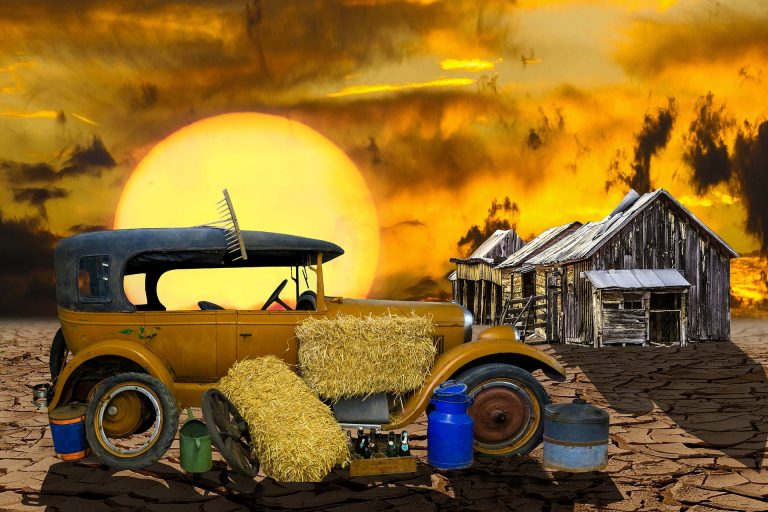
Climate change is on everybody’s tongue right now, and the world’s never been so worried. Study after study shows that temperatures are rising and weather is getting more extreme. We don’t fully know what this could mean for our civilization quite yet, but the forecast is alarming, to say the least!
Studies are starting to reveal the full impact of climate change on our food supplies, and it’s clear that the restaurant industry will have a hard time within a couple of decades. Here are some of the most striking ways climate change will end up hurting restaurants around the world.
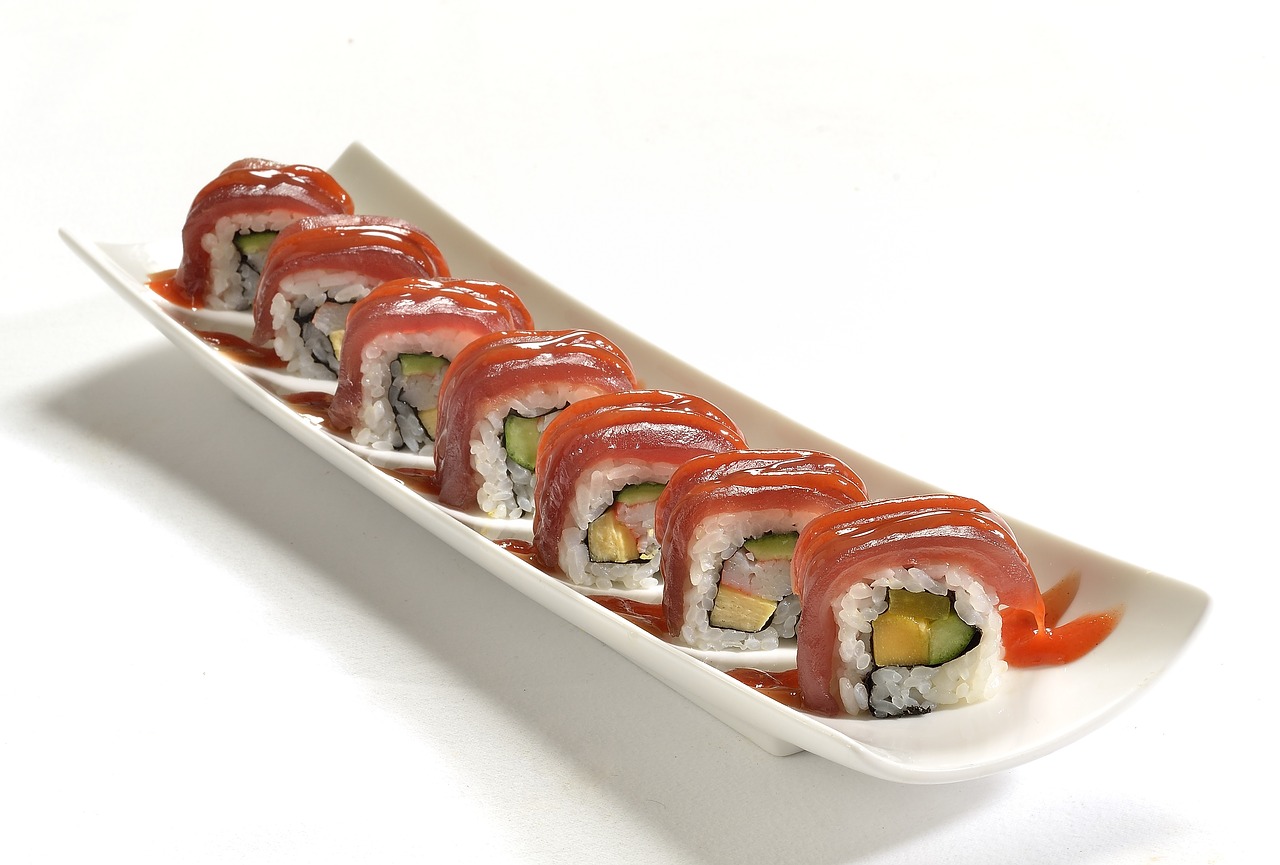
So long, sushi!
Oceans are currently undergoing a bit of a crisis at the moment. Massive loads of fish are dying out due to both overfishing and ocean debris. For future diners, this doesn’t bode well at all. Seafood will become extremely rare and high-priced, even for fishes that don’t have a good flavor.
Sushi, in particular, will be rare. The cleanliness of the fish and the types of fish will decrease greatly. Expect low quality sushi at astronomical prices.
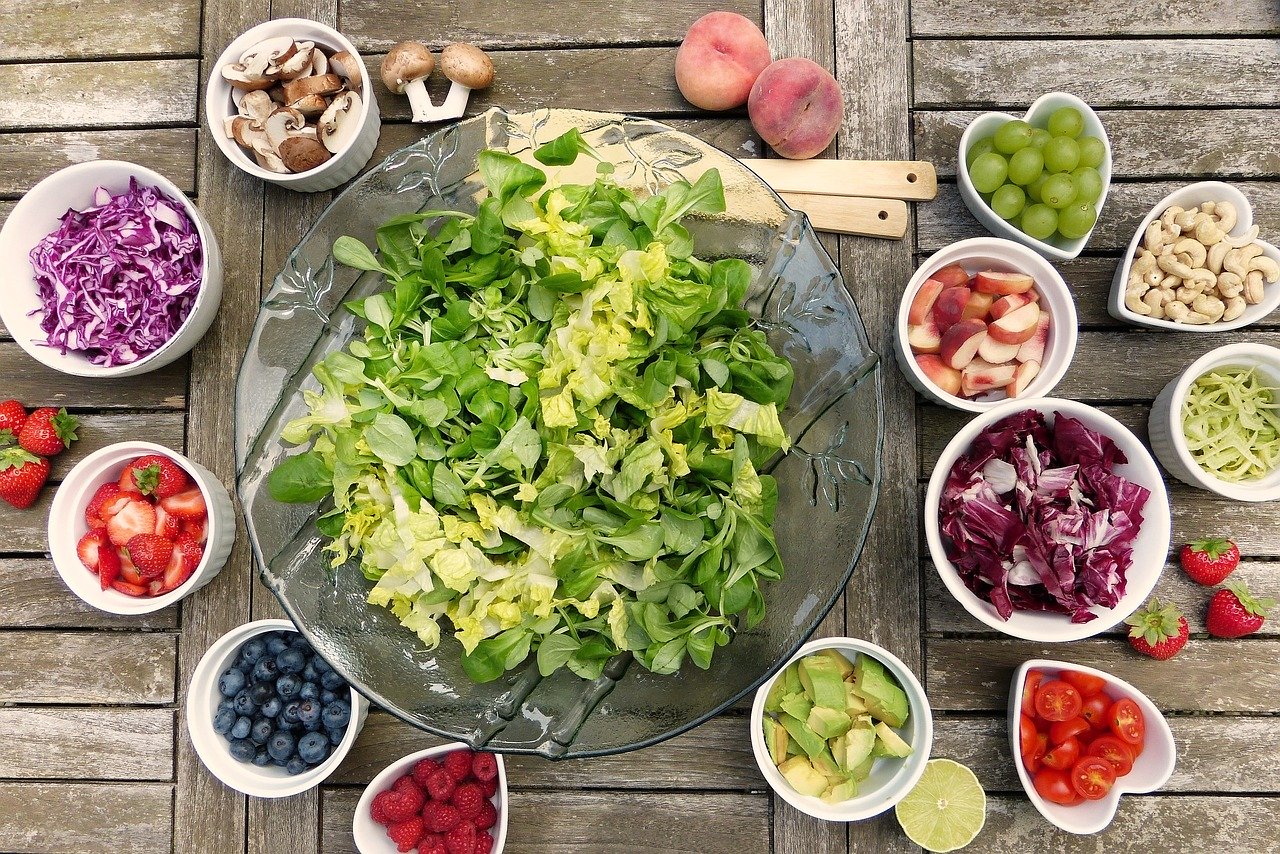
Veggies for all?
Meat is already seeing a decrease in popularity due to its contribution to emissions and deforestation. More restaurants than ever before are starting to offer vegan and vegetarian options. This is a smart choice, considering that 25 percent of Gen Z already switched their diets up to prevent further damage to the environment.
As sustainability becomes an increasingly important selling point, we’ll start to see more vegetarian and vegan restaurants. Meat-eating, on the other hand, might begin to see a slight stigma among certain groups of people. Reducing meat can help with sustainability, and this is the main driver for it. But you can eat meat guilt free by using sustainable providers like Superior Farms, who strive to balance sustainability throughout the entire lamb rearing process.
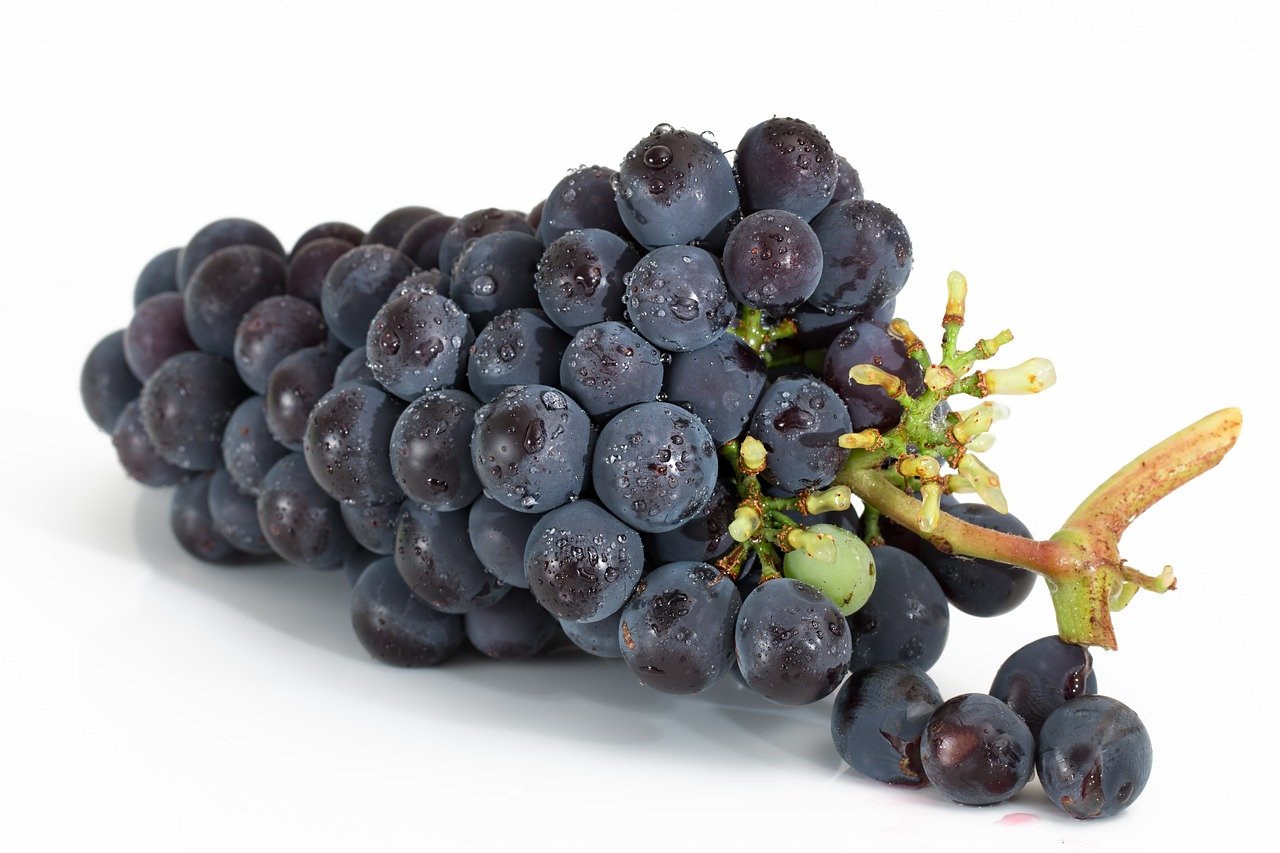
No wining about it.
We usually wine and dine our dates, but that phrase may be a thing of the past. High temperatures and increasingly difficult soil conditions are already starting to affect top vineyard locations around the world.
It only takes a bad season or a sudden heatwave to wreck grapes grown for winemaking. Most food scientists are already predicting a serious wine shortage if nothing is done to save our environment.
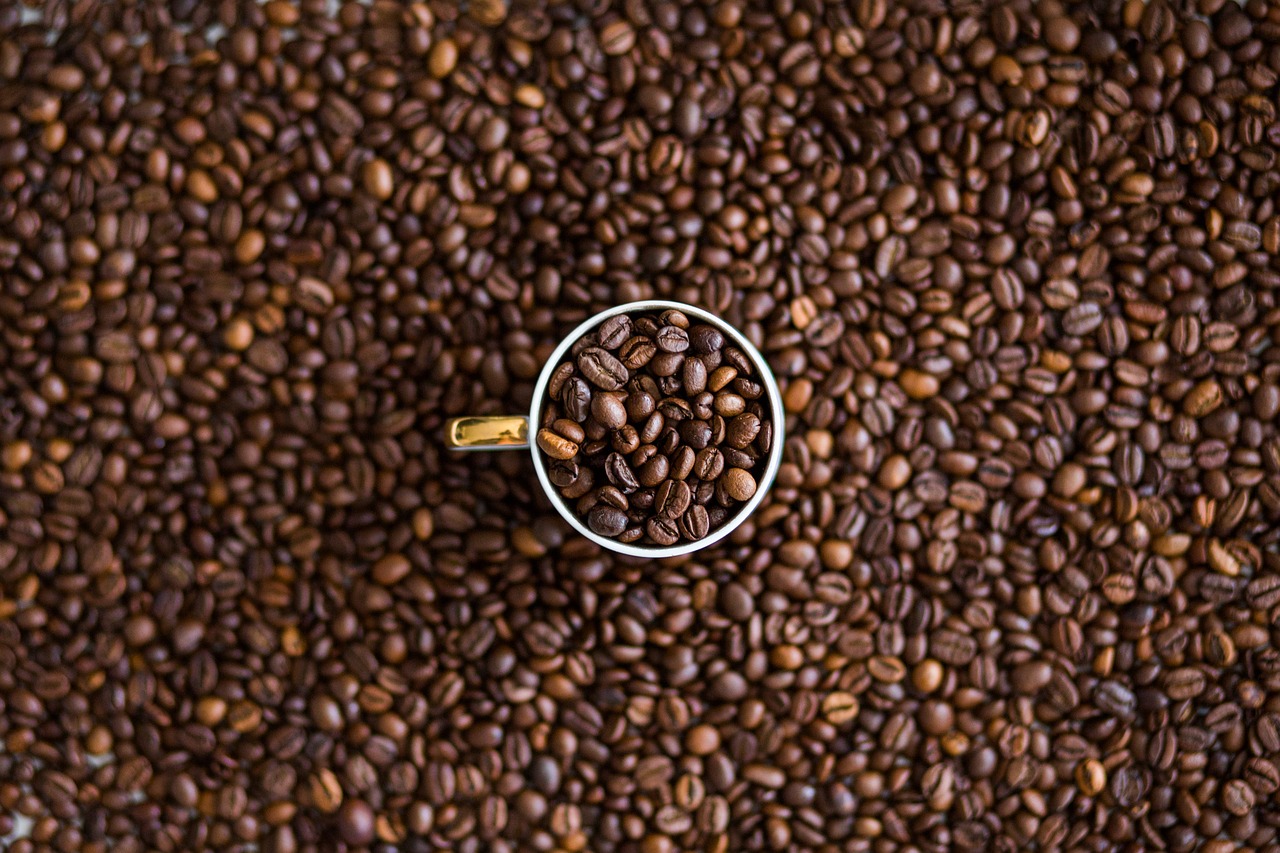
No Folgers in your cup, either.
The best part of waking up won’t be Folgers in your cup for much longer. High heat, deforestation, and soil depletion are starting to wipe out key growing points for the world’s supply of coffee beans.
Coffee prices, even for the “cheap stuff,” will start to increase as demand outweighs the supply. In restaurants, the price of a simple cup of black coffee might end up making current diners raise an eyebrow. (Tea, anyone?)
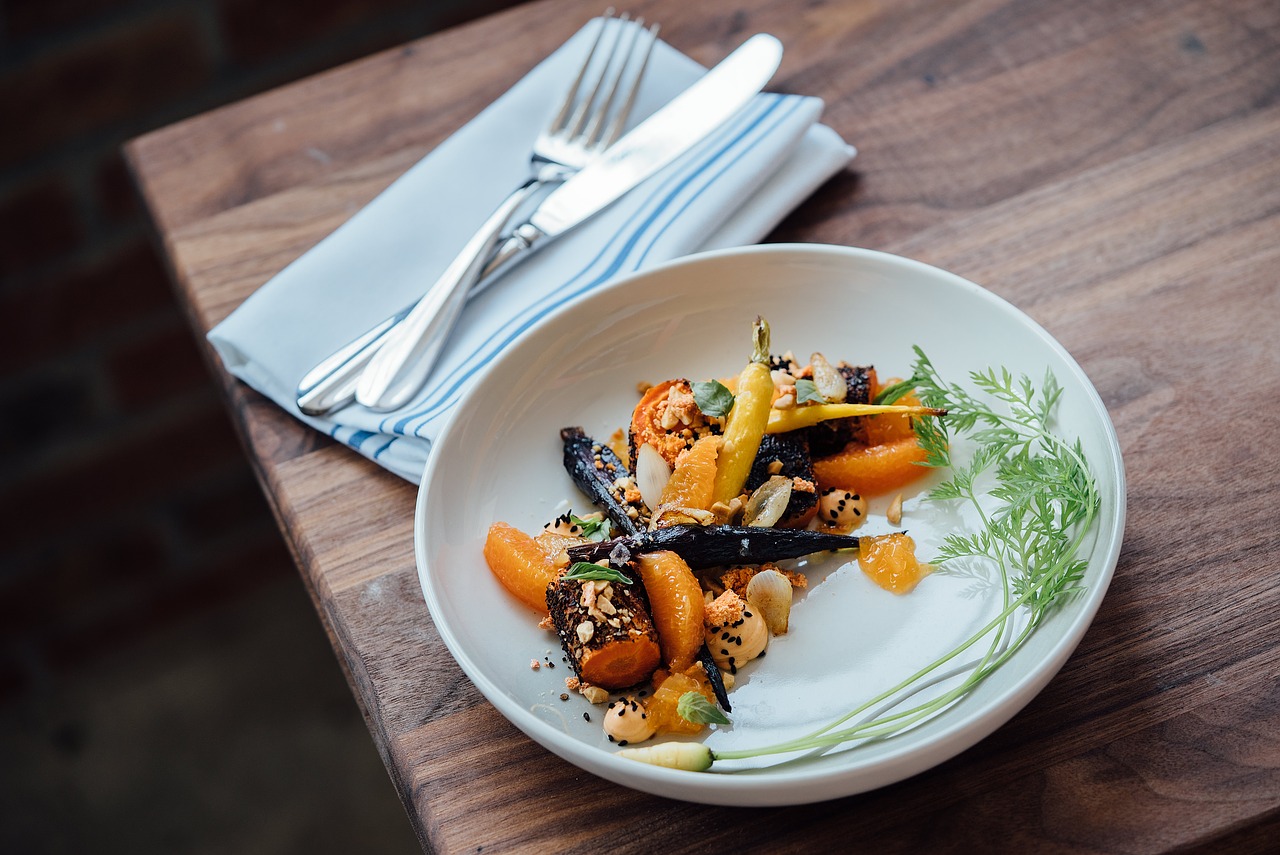
Less nutrition for your buck.
Climate change doesn’t just affect food supplies; it affects soil quality as well. Without quality soil to gain vitamins from, crops won’t be able to offer up the nutrients they currently do. This will lead to less nutritious food, even in restaurants that are known for being health-conscious.
For health nuts, this means supplementation will probably be a must rather than a maybe. Here’s hoping you can afford the vitamins!
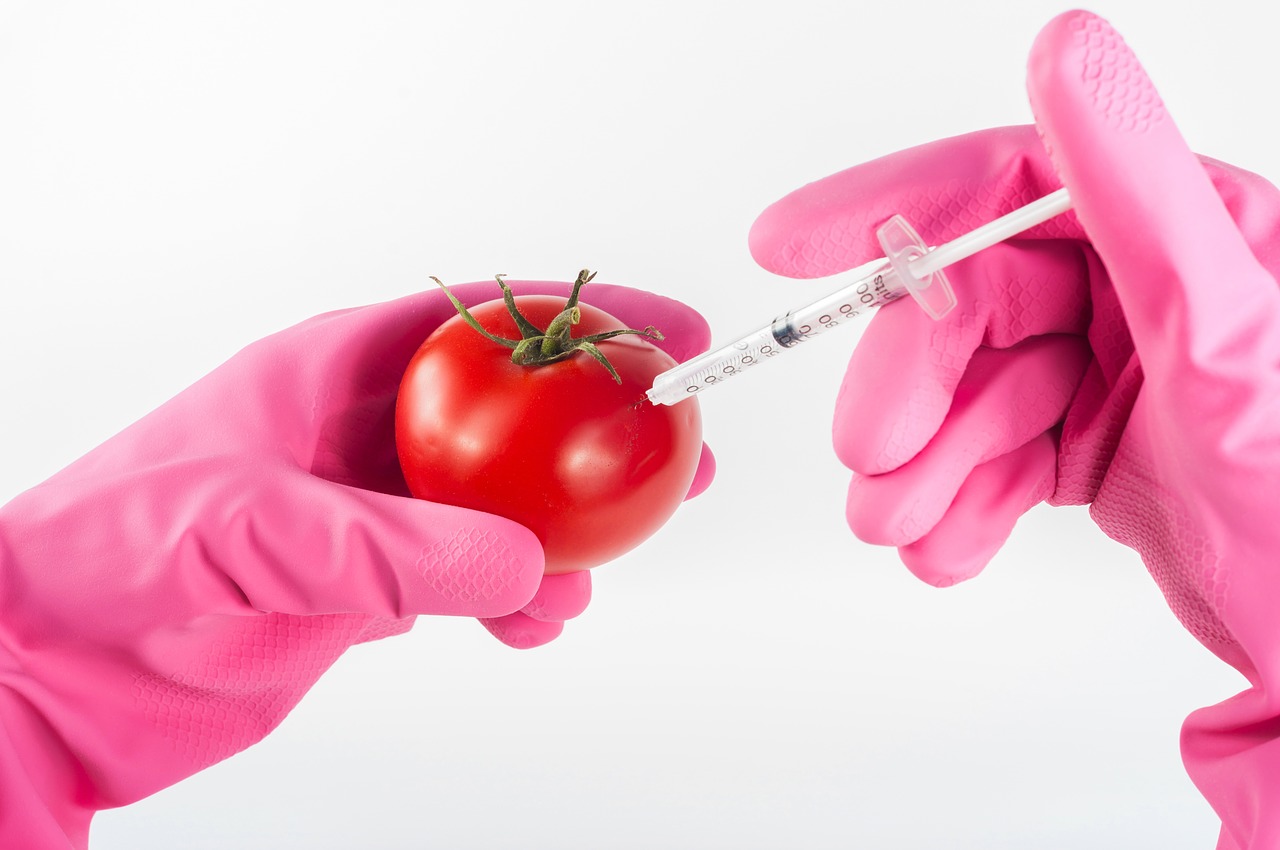
More GMOs, please!
To combat smaller crops and lower nutrients, the mainstream food industry will most likely start to rely on genetic modification to create foods that can deliver the nutrition people need to survive. No one really knows what the long term effects of GMOs are, but hopefully, it can help our species survive just a little longer.